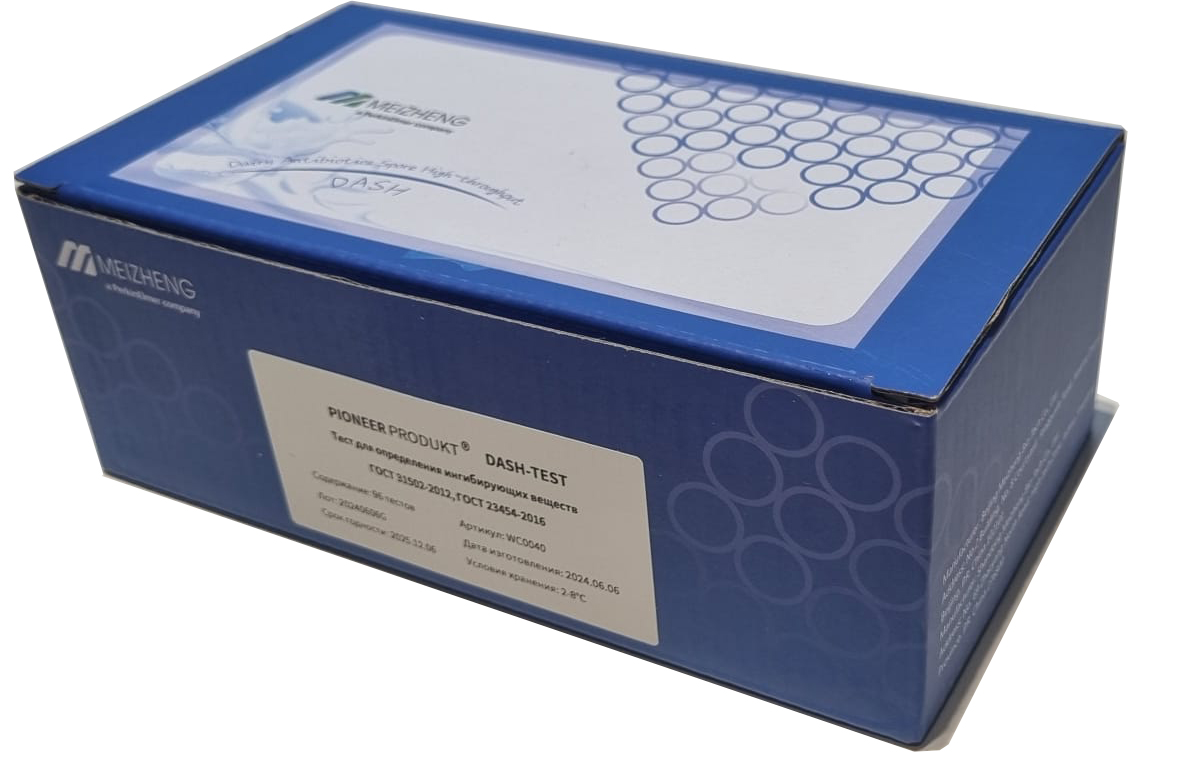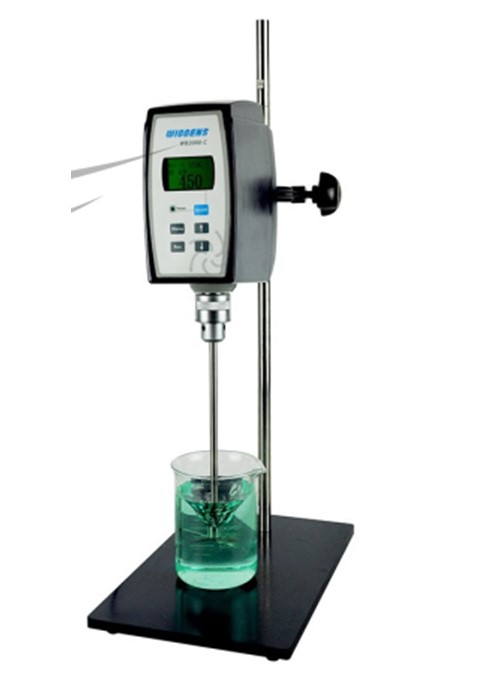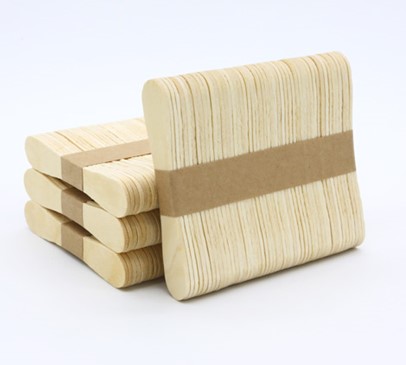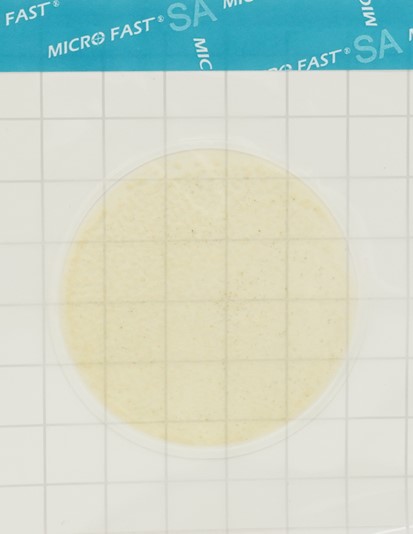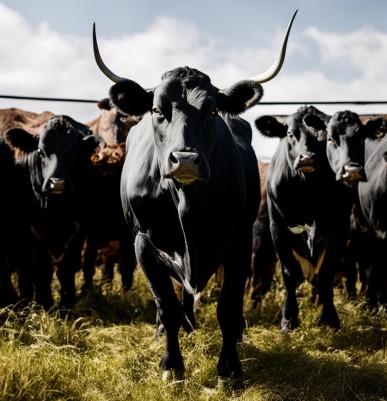Science that lights hearts and develops the state. Professor Elena Tsed about vocation and teaching
After graduating from school, having chosen a university and a profession, few people think of connecting their lives with scientific activity, since it requires painstaking work, a lot of time and certain competencies. But everything changes when you meet a teacher on your way who, with his example, attitude to work and scientific activity, lights a spark of curiosity that forever captures the mind and heart. HEAD of the Department of Food Production Technology of the Belarusian State University of Food and Chemical Technologies, DOCTOR of Technical Sciences, Professor Elena Tsed also once fell in love with science. She not only continues research, but also attracts young people to scientific activities. And recently she received a professor’s certificate from the President of Belarus ALEXANDER LUKASHENKO. BELTA correspondents went to the university to talk with the professor and find out why science cannot exist in isolation from the state, and the state cannot exist in isolation from science.
Smiling and friendly Elena Tsed meets us at the office, on the sign of which it is written “head of the department.” And once upon a time she began her journey within the walls of the same university, but then it was the Mogilev Institute of Technology.
“I went into science in my third year. I had a very good teacher - Lidia Mikhailovna Koroleva, who used to work in our department and is now retired. She gave fantastic lectures on technical microbiology. It really stuck with me. When I came to her with the desire to do science, it immediately resonated. Her attitude, immediate reaction to this phrase only fueled my interest. From that moment on, I saw myself only in scientific activities after graduating from university," says Elena Tsed.
In science, she went through all the stages: from assistant to professor, from student to doctor of technical sciences. The professionalism and approaches of the teaching staff of the then institute laid the strongest foundation, which became a solid basis for its further growth.
“My second teacher was Zoya Vasilievna Vasilenko. She is an Honored Scientist, Corresponding Member of the National Academy of Sciences of Belarus. Now we can safely say that our modern school of teaching at a university is her merit. I am among those who adopted her experience and are now implementing it on my students. I am very grateful to her for all the knowledge and skills acquired, the desire to help and give,” noted Elena Tsed. “In science, as sometimes happens: I have reached some peaks - and that’s it, I feel good here, period. And with Zoya "Vasilievna did not have this. She has a very large number of people who have defended their dissertations and who are now defending them. She gave us all a great impetus."
Elena's specialty is fermentation production technologist. “I chose this direction for scientific activity in my third year. It is associated with microorganisms. All fermentation production is based on the vital activity of microorganisms. My PhD thesis was devoted to improving technologies for producing kvass using new lactic acid bacteria and yeast. It was very interesting: to highlight a new microbe, study its properties, see how the whole process changes. I have been in science for many years, but this work still fascinates. This is a completely special and new world,” she says. “And the most important task facing technological scientists is - to answer the question of how to put all this on an industrial footing so that there is benefit. Science should not be just for the sake of a test tube. It is important to scale the process so that it benefits people, production and the country as a whole. And this task is posed to modern scientists head of our state."
The microorganisms with which Elena Tsed works are used to produce soft drinks (kvass) and food-grade ethyl ALCOHOL - the basis of alcoholic beverages. The professor works with malt as sprouted grain - now this direction is very relevant. The practical application of scientific research is the basis that the professor lays in his work and the scientific activities of students.
"Quality science is always teamwork. Associate professors of our department, candidates of technical sciences Svetlana Volkova and Yulia Nazarova, each chose their own direction. But if someone has a problem or difficulty, we, as doctors, gather a consultation. And collectively, we all try to find way out. Such cohesion and the ability to come to each other’s aid in any situation is worth a lot,” the professor shared. “There are two young scientists at the department who are going to graduate school, Victoria Novikova and Yulia Ivchina. We see in them a continuation of scientific activity, our department. Because any department is, first of all, people. We can safely say that we, in the entire university as a whole, do not have random people. Those who come and stay in science have a calling and a desire to create something new ".
Together with students, Elena Tsed organizes research work. The most important thing, she says, is that a student can offer her any idea, and together they will work on the question of whether the idea will turn into something that works. “Students even have a special discipline dedicated to scientific research. I try not to force them into a framework, I tell them that they can come with any idea, even crazy at first glance. We arrange discussions together, find strengths and weaknesses. they were not invented! For example, one of the ideas became the basis for the creation of a non-alcoholic balm "University", which helps and supports strength during the session. We received a very large response, the students were interested in working. The composition was selected, the properties of substances in plant materials were studied, and much more other. Another new product from our students is a drink with an anti-tobacco effect. By drinking it, a person’s desire to smoke decreases. The students conducted research , the work captivated everyone. As the results showed, the subjects actually lost the desire to smoke. Here we see not only a new development, but also a product that can help a person get rid of a bad habit and maintain HEALTH ,” she added. - If a student was able to find an interesting topic, develop it, it could subsequently become his diploma research work. And this is a more global work, a more extensive study."
Her attitude towards students, her ability to present information in an interesting way during classes, her openness and desire to help students in their scientific work - all this is very captivating to young people. After all, the kind of teachers a child meets at school, and then a young person at a university, largely determines which path he will choose in the future. Elena Tsed understands this responsibility very well and tries not only to give students the necessary knowledge and competencies, but also to create. Because creativity is an integral part of science and new discoveries. But no matter the professionalism of the teacher and the desire of the student to discover the path of scientific research, without the support of the university and the state, such work could not be implemented.
"In our country, university science is an important platform that receives the closest attention and support . We see this at the level of our university, the Ministry of Education, the President. In our state, science is the right trend. With due full support, including from senior colleagues, the desire of a young scientist to create something promising and in demand, we not only invent and discover something, but also work for the benefit of industries, the real sector of the economy, and the entire country as a whole. Scientific development should not end with a flask in laboratory, it should work and be useful,” emphasized Elena Tsed.
The Belarusian State University of Food and Chemical Technologies has been training sought-after and competent specialists for the food industry, developing new technologies and types of products for decades. The foundations laid by previous generations of rectors and teaching staff have become traditions that are preserved and enhanced here.
“Science requires a lot of time and effort. I am grateful to my family, my husband, who always supported me in everything. After all, without this, it would be very difficult for any scientist. For me, university, students and scientific work are the work of my whole life,” she shared - In my family, only I am involved in scientific activities. But recently my daughter, a schoolgirl, came to our department: she and a classmate were filming their project. They were shown our work and equipment. The girls were very impressed. And now my daughter says that in "He wants to be like me in the future. This is very nice for me."
Receiving a professorial certificate from Alexander Lukashenko became a bright and important moment for Elena Tsed. “It is a great honor to be at such an event. It has become a very significant event not only for me, but also for all scientists in the country,” she said. “For me, this is a sign of special trust and high appreciation of my merits.” During the meeting, the President spoke about understandable , but very important points: about gratitude to teachers, that they should never be forgotten. He said that science should not be concentrated only in laboratories, it should work for the benefit and together with the state. These are inextricably linked elements. For everyone "As a scientist, these words are consonant with what we experience in our daily work. Science determines the future development of the country, and each of us works for this future."
The professor shared that she experienced very strong emotions during the meeting. "Of course, I was worried. I prepared a lot. I represented not only myself and my developments, but also my university. We talked with colleagues after the event, and each of us noted the elation, the strong charge that we received. We brought this charge to our team, to their students, to continue to work together, make discoveries, develop and implement something new in life," she noted. “Belarusian science is a strong and promising direction. After all, each of those who work on an invention, discovery, new technology , maintains the strong traditions of its predecessors, while introducing modern vision and creativity."
Anastasia GUZOVSKAYA,
photo by Oleg FOINITSKY,
BELTA.


